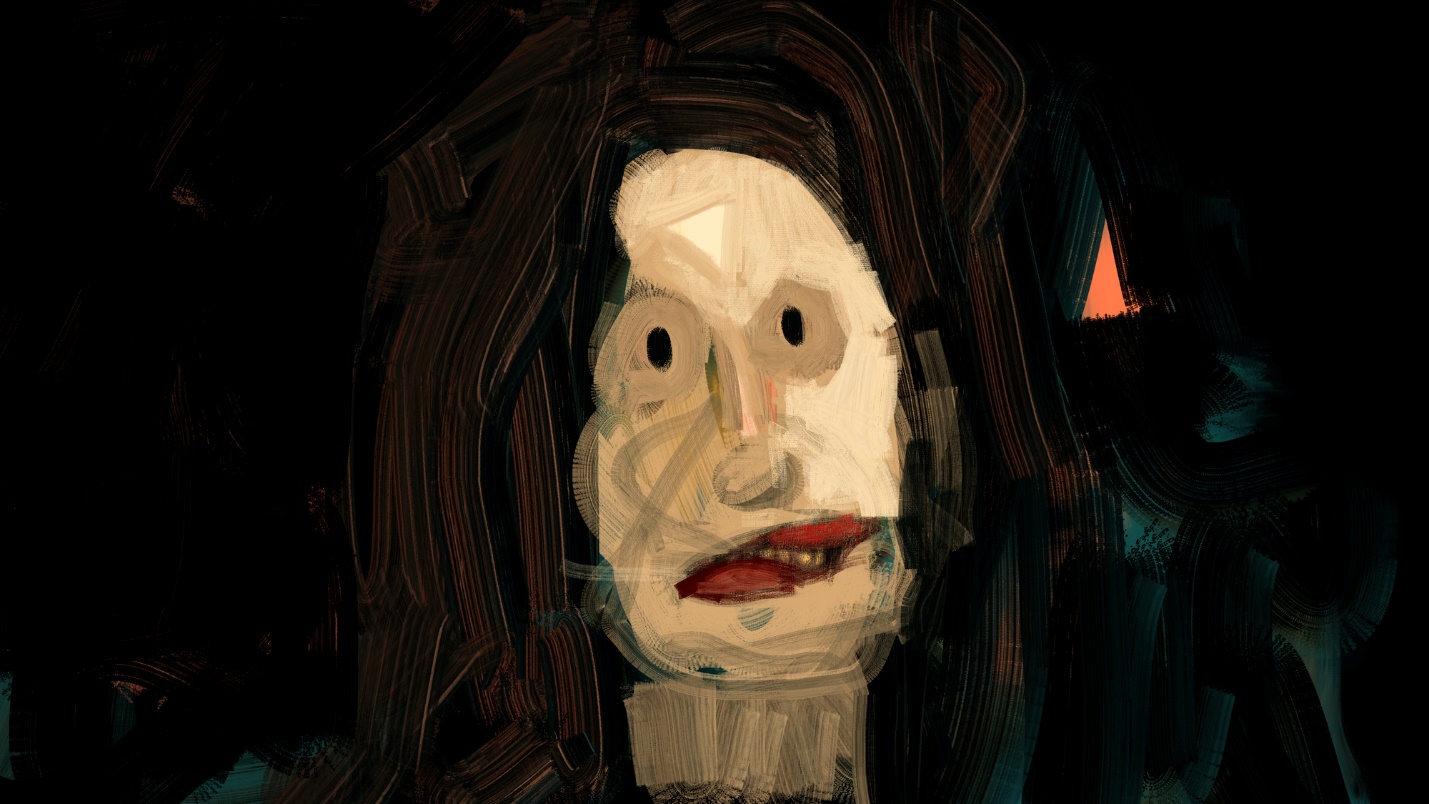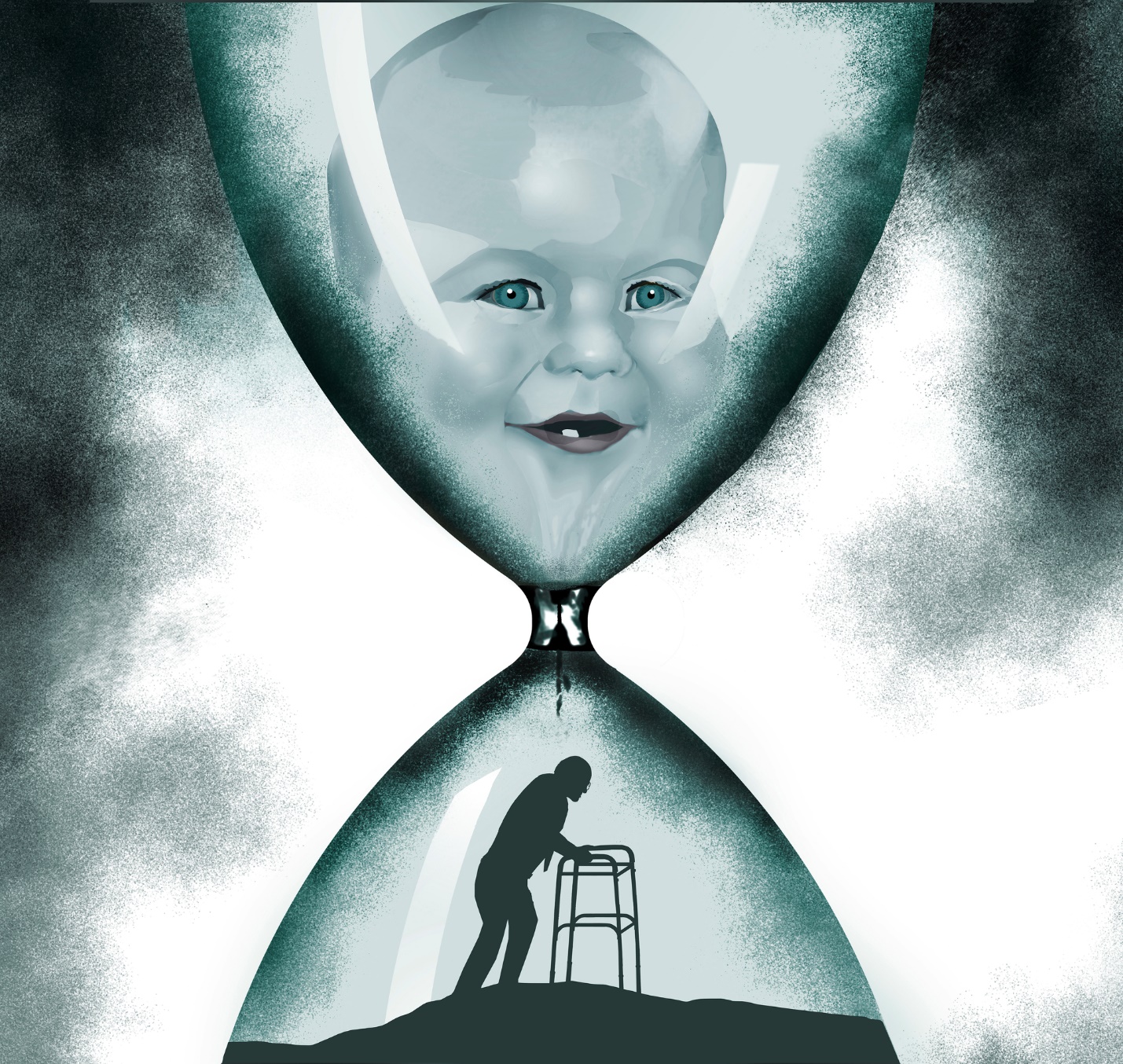BP61

Then turning to the woman, he [Jesus] said to Simon, ‘Do you see this woman? I entered your house; you gave me no water for my feet, but she has wet my feet with her tears and wiped them with her hair. You gave me no kiss, but from the time I came in she has not ceased to kiss my feet. You did not anoint my head with oil, but she has anointed my feet with ointment. Therefore I tell you, her sins, which are many, are forgiven—for she loved much. But he who is forgiven little, loves little’ ~ Luke 7: 44-47
Jesus is saying here that those who have sinned much and then are forgiven will love Jesus much. The grace of God will be experienced as miraculously sweet and deep for these individuals. It will be life for them. To experience the Great Exchange–being delivered from the weight of crushing sin and receiving Jesus’ righteousness–is a legitimate resurrection from the dead. It is the most incredible miracle on this planet for humans.
Yes, how absolutely amazing it is to be delivered from the kingdom of darkness and transferred into the kingdom of the Son—especially for those who are aware of the size of their sin storehouse! No wonder this woman in Luke 7 (who had practiced prostitution) loved Jesus so much.
I believe this truth is still relevant today, namely, that those who have sinned much and cry out for God’s mercy, love Jesus much. Those of us who have been trapped in the power of crippling, addicting sin are powerless to escape the iron-fisted grip of darkness. So, when we are delivered from that stronghold by the grace of God, we are overjoyed and cannot help but worship our Deliverer. (As fallen creatures we are all in this same grip of worldly passions, yes? The extent of our sin may not even matter as much as the total fallenness of our nature.)
Having been shackled in the horrible dungeon of sin, many people in this lifetime have already tasted the reality of Hell and viewed it from a place too close. They practiced behaviors, attitudes, and thoughts that were vividly and intimately close to the Fallenness of the universe. They know firsthand what it is like to be captured by Satan in his trap (2 Timothy 2:26) and daily live to do his bidding.
Are you someone who has experienced a conscious awareness of being close to sin and death and hell but then lived to tell about it? You are like the woman in Simon’s house. You love much because you know how real and serious and terrifying it is to be lost with no hope in the world.
But God, being rich in mercy, because of the great love with which He loved us, even when we were dead in our trespasses, made us alive together with Christ ~ Ephesians 2:4,5.
What Good News!

The woman who anointed Jesus’ feet was one of those who escaped the devil’s prisoner of war camp. Satan’s wicked will is always driven by a desire to make you a captive to the law of sin (Romans 7:23) while Jesus’ will is to proclaim liberty to the captives (Luke 4:18).
The truth is that those who have been held hostage by sin for a long time (or also those who are most aware of their sinful heart) have a distinct advantage over the rest of us. They will love Jesus with a fiery passion while some of us—like Simon the Pharisee—will stand by condescendingly. We will watch and wonder what it is that is making these people so demonstrative and embarrassingly childlike in their gratitude to God.
Secretly, we might envy their love for the Beautiful Savior.
Great is the love of those who know that they desperately need the healing touch of the Great Physician because they are too ill to ever heal themselves. They are acutely aware that they can never escape the disease of sin no matter how hard and how long they attempt to heal themselves. Their brokenness often gives them the advantage of being desperate to seek help from Jesus.
Today’s blogpost will address another advantage for those who are ill—in this case, for those who are mentally ill. In fact, I will refer to three advantages of being mentally ill that overlap at least a bit with the story of the woman who was forgiven much.
(A point to remember is that we are all somewhere on the mental illness spectrum since psychological brokenness is as much a part of the Fall as is the soul’s propensity to sin and the physical body’s tendency to decay and ultimately die. Some of us are far to the right on the Mental Illness Spectrum—the SIP—and therefore have an intensely intimate awareness of psychological weakness.)
The first advantage is that major or chronic mental illness exposes the rumbling beneath the whole world that began after the Tragic Fall. In other words, the fallenness of mankind produced extensive dark fruit. Mental illness happens to be one of those fruits. Certain individuals are more intimate with it than others because of predisposition, environmental impact, chosen coping skills, Satan’s attacks, and even (above all?) God’s plan.

I believe these individuals deeply afflicted with mental illness have a view into the devastating truth of the fallenness of the world that many others do not have. They see what others do not see.
Not all will realize the deep mineshaft they are gazing into, but there are some who know that their mental illness pulls back a dark curtain and reveals the fractured human nature just as cancer reveals the fractured human body and sin reveals the fractured soul. Mental illness, body decay, and sin all point to a brokenness that wrecked the universe we live in . . . and this brokenness points to a time when the mind was perfectly sound, the body was imperishable, and the soul was free of sin.
Those who experience deep and chronic mental illness but also know the Creator of everything good are uniquely aware that psychological dysfunction is a natural result when humans rebel against their perfect Maker.
They know that anxiety is a totally expected response to being separated from the God of peace who our first parents had close and perfect fellowship with in the beautiful beginning.
They are aware that depression is a normal state for creatures who live with the rejection and abandonment and loss of the holy God who they were created to love.
They know that addictions are a predictable fallen response to the deep hunger within our souls that naturally rushes in to try to fill the emptiness left by God’s absence.
They believe that bipolar disorder is a normal reaction to a world that might feel safe at one moment but then chaotic and unpredictable at another. I know a man whose manic episodes served to comfort him and offer him a momentary escape from the depression that often prompted him to consider suicide. Often, during manic episodes, he even felt closer to God.
These individuals are aware that personality disorders are a predictable consequence when one tries to do life in an isolated, self-sufficient way that shuns healthy dependence on God and other humans.
They understand that eating disorders are a compensatory way to control one thing (food) in a universe where death controls everything and cannot be avoided, and that EDs may also be a way to attain perfection when a person feels so ashamed and bad deep inside.
Yes, mental illness is predictable and appropriate in a fallen world where sin is our baseline hunger, and our bodies die, and we are separated from the God who created us to be friends with Him. How telling is that passage in Ephesians 2:12 that says, Remember that you were at that time separated from Christ . . . strangers to the covenants of promise, having no hope and without God in the world.
Having no hope.
Without God.
Do you hear the utter aloneness in these words?

No wonder anxiety, depression, bipolar disorder, addictions, personality disorders, psychosis, paranoia, and every other mental illness is common in our world. These are predictable responses to our fallen condition—spiritually, physically, and emotionally–that leaves us far from God.
Alone in the universe.
Certainly, every psychologist strives to help patients who are struggling with mental illness. Every therapist seeks to minimize the discomfort, disability, and dysfunction of their clients. However, if we alleviate the symptoms of mental illness without hearing what the dis-ease is saying at that deep rumbling level, we are cleaning the outside of the cup as Jesus says but not dealing with the primitive cry of the soul that knows it is separated, abandoned, and alone in the universe.
Firstly, then, mental illness–like sin and sickness and death–tells us that something is wrong with this universe we find ourselves in. Those who are afflicted with the torture of mental illness are intimately familiar with the harsh reality that we are living in a broken world with broken hearts and broken brains. They have an informed answer for those who argue that we are all basically good people living in a good world.
A second advantage of mental illness is that those who suffer severe psychological disability are often more apt to seek God’s help than rely only on themselves in pride and false strength. Never forget the words of Isaiah 57:15: For thus says the One who is high and lifted up, who inhabits eternity, whose name is Holy: I dwell in the high and holy place, and also with him who is of a contrite and lowly spirit, to revive the spirit of the lowly, and to revive the heart of the contrite.
When I read this passage, I am reminded once again of the woman in Luke 7 who most scholars believe was a prostitute. When she heard the good news from Jesus about grace and forgiveness, she did not shun it, denying her sin or thinking that she could be good on her own merits. Rather, she responded with a contrite and lowly spirit. She came to Jesus because she believed that He was the Son of God and because she knew that she needed supernatural salvation in order to be delivered from her sins.
Both sin and mental illness require someone outside of us to restore us. In a very real way, Jesus is the Great Physician, and He is also the Great Psychologist. He counsels us through the person of the Holy Spirit who is described in God’s word as the Helper–our Advocate.

As we see in Isaiah 57, God Himself tells us that He dwells with the broken person who is contrite (remorseful, penitent, affected by guilt). Yes, He is the friend of sinners, especially those who admit their sins and repent of them. Was it not the God who inhabits eternity who kneeled in the dust of this temporal world to defend the woman who had committed adultery and was about to be stoned?
Jesus is also the friend of the mentally ill who cry out to Him from their lowly place of psychological dysfunction.
So, here is a second advantage to sin and mental illness. In our brokenness, if we confess our sin to Jesus and run to Him with our mental illness, He will forgive us and He will begin to heal the emotional and psychological and relational defects in our souls and minds. Often, our mental illness could be the thorn in our side that leads us to seek Christ and cry out to Him for His healing love.
A third advantage of mental illness is that after we seek Him for the initial help of salvation (a new birth, becoming a new creation), psychological pain will most likely continue to move us toward Jesus on an ongoing basis. In our anxiety, depression, eating disorders, addictions, and personality disorders, we will frequently approach the One who can meet us in our suffering and give us relief not with medications but with the healing balm of His Presence.
I Peter 5:6,7 says, Humble yourselves, therefore, under the mighty hand of God so that at the proper time He may exalt you, casting all your anxieties on Him, because He cares for you.
Philippians 4:6,7 says, Do not be anxious about anything, but in everything by prayer and supplication with thanksgiving let your requests be made known to God. And the peace of God, which surpasses all understanding, will guard your hearts and your minds in Christ Jesus.
In our mental illness, we need Someone who is mighty enough to drive away all our puny fears but caring enough to want to carry our anxiety. We require Someone who, as we approach Him, will place in our hearts and minds a peace that eclipses all our anxieties.
As was mentioned in a blogpost a few weeks ago, Those who know your name will place their trust in you ~ Psalm 9:10. In other words, as we daily spend time with the God who is mighty, caring, and places peace in our hearts, we will come to know His beautiful character more intimately and then will trust Him more deeply.
It is indeed a self-perpetuating cycle: The more we spend time in God’s Presence and come to know His good and faithful and peaceful character, the more we will trust such a Father God. Then the more we trust Him, the more we will feel safe moving toward Him and seeking His comforting Presence even more.

In summary, mental illness, like sin and bodily decay and death, is not a desirable thing to experience. However, our psychological frailty can remind us that we are not God but that Jesus is and so we can seek His face moment to moment until we have memorized His character so well that all we want is Him when we are suffering morally, physically, and mentally.
As the Psalmist said, So I have looked upon you in the sanctuary, beholding your power and glory. Because your steadfast love is better than life, my lips will praise you ~ Psalm 63:2,3.
Mental illness often pulls back the thin skin that blinds us to the fallenness of the world. When our psychological suffering becomes more than we can bear, many of us will turn to God and cry out for help. As we experience His comfort, peace, and love, we will make a practice of seeking Him until His mighty, caring, and consistent Presence gives us a peace that surpasses understanding. Such are the advantages of the psychological dysfunction that can be torturous at times. Or always.
Final thought: It is better to know mental illness and to know Jesus than to not know mental illness and not know Jesus. It is better to be broken and needy for the One who made us than to be strong and self-sufficient.
If the mental suffering in your life is what ultimately drives you to seek Jesus, then your pain has gained you The Treasure of the Eternal Universe.
No suffering or weakness is too great if it is what causes you to run into the arms of your loving Creator.
After all, we have been told that this light momentary affliction is preparing for us an eternal weight of glory beyond all comparison, as we look not to the things that are seen but to the things that are unseen ~ 2 Corinthians 4:17,18.
My heart is in anguish within me; the terrors of death have fallen upon me. Fear and trembling come upon me, and horror overwhelms me. . . . But I call to God, and the Lord will save me. Evening and morning and at noon I utter my complaint and moan, and He hears my voice. He redeems my soul in safety from the battle that I wage, for many are arrayed against me ~ Psalm 55:4,5,16-18.
